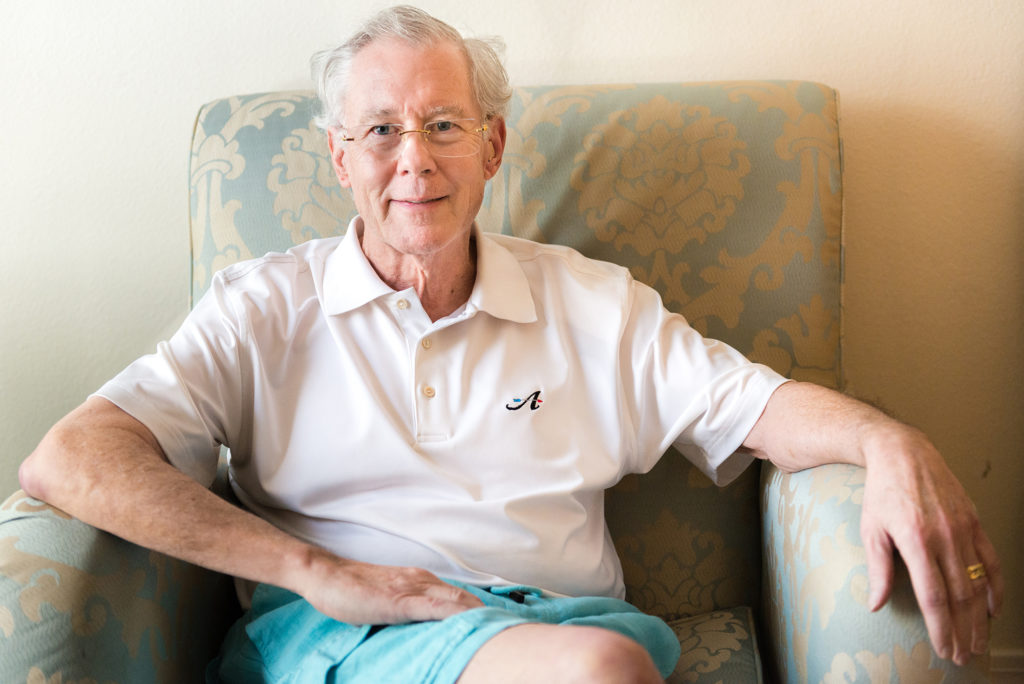
Opioids Derailing Elderly Americans' Lives
A growing problem that has been flying under the radar is prescription drug abuse among the elderly. Over 50% of Americans over the age of take 5 or more medications. As people age, the number of medications they’re prescribed goes up with declining health. Many elderly people juggle fifteen or more prescriptions.
The Over-prescription of Drugs to Seniors
Some elderly become victims of over-prescribing, with the side effects of one medication being mistaken for another condition, and then a doctor prescribes more drugs. This is especially alarming with Big Pharma encouraging doctors to overprescribe by using aggressive marketing and hiring people to write the Clinical practice guidelines doctors rely on.
Gradual Prescription Drug Abuse by Elderly Patients
People abuse drugs to change the way they feel, and most people want to escape feelings like loneliness, pain, fear and despair. For elderly people, losing a mate or another loved one, loneliness, and age discrimination are all emotionally harrowing. There’s physical decline and just possibly boredom after retirement, especially if one cannot enjoy the activities and hobbies one dreamed about having time to pursue once retired due to declining health. Really, it’s easy to imagine why an elderly person with a cabinet full of medications that produce sedation and/or euphoria might be tempted to take more pills than prescribed.
Types of Addictive Drugs Commonly Prescribed to Elderly Patients
Many elderly people have health conditions such as osteoarthritis that cause chronic pain. Also, they undergo more surgeries and are prone to accidents such as falling (especially if overmedicated). These conditions/pain events are treated with opioid painkillers which are highly addictive.
Opioid drugs include:
- Oxycontin
- Percocet
- Roxicodone
- Codeine
- Vicodin
- Hydrocodone
- Ultracet
The above is a partial list.
Other addictive drugs prescribed frequently to elderly patients are benzodiazepines, used to treat insomnia (a common problem among older adults), anxiety and panic attacks. Benzodiazepines include:
- Librium
- Valium
- Tranxene
- Flurazepam
- Serax
- Restoril
- Klonopin
- Xanax
- Ativan
- Halcion
Even the milder versions of the above drugs on both lists are highly addictive, yet commonly prescribed. It is very easy to overdose if one takes more than the recommended dosage, misses a dose and then doubles up, or mixes the medication with another substance such as alcohol.
Even when taken as prescribed a patient can become dependent on any of the above pharmaceuticals. Doctors normally wean a patient off the above drugs by gradually lowering dosage to avoid withdrawal symptoms.
The only three drugs that can cause death from withdrawal are
- Opioids
- Benzodiazepines
- Alcohol
Any combination of the above 3 categories of drugs is extremely dangerous.
How Can I Tell if My Parent is Addicted to Prescription Drugs?
Unfortunately, many symptoms such as confusion, forgetfulness and changing sleep patterns could be mistaken for normal signs of aging. Other signs and symptoms to look for include:
- Changes in mood
- Irritability
- Slurred speech
- Taking more than prescribed
- Multiple prescriptions of the same drug
- Seeing more than one doctor for the same condition
You know your loved one better than most. If he or she doesn’t seem normal and is engaging in unusual behavior, or just seems impaired, you may want to look at what prescription medications they’re on. Although this could be a delicate situation requiring diplomacy and tact, checking out what prescriptions doctors have your elderly loved one on may save their life.
Beware Double-Dosing With Multiple Prescriptions
No matter what age somebody is, it is very hard to remember and keep track of what you took when you have multiple prescriptions. One good way to do so is to buy a compartmentalized drug organizer, with days and times listed on the compartments. You can help your loved one fill these at set times, maybe twice monthly for a two-week supply. They may need to be changed if a doctor changes a prescription, but this should be relatively easy to do by just taking the old dosage out of the compartments, putting the new dose in, and then disposing of the medication that isn’t being used any more.
When your loved one goes to the doctor, they can easily show the doctor what prescriptions they’re on because they will keep all their pill bottles in one place to access at set times when they (and you) fill the organizer(s).
De-prescribing
Too often pharmaceutical drugs, even when prescribed by doctors, do more harm than good. This is especially true in for victims of pharmaceutical cascade, where a doctor mistakes the side effects of a drug for another illness and responds by prescribing more drugs. While this could be entirely by accident, it can and has actually killed elderly patients who trust their doctors’ judgments without question.
There’s a grass-roots movement among physicians and patients called Deprescribing. Their goal is to move towards prescribing less pharmaceuticals. For more information, check out the website by clicking the link above.
Getting More Help
If you or somebody you love is addicted to pharmaceutical drugs, there are many options to get help. It is extremely dangerous to quit taking pharmaceutical drugs cold turkey. Medical detox with a team of Clinicians who can monitor for adverse withdrawal symptoms and keep the patient as comfortable as possible is the only safe option.
After detoxing, there are many more options for ongoing support. Residential rehab treatment has helped millions of people pursue recovery without their drug of choice. Quitting addictive prescriptions has become easier with the help of medication assisted treatment (MAT), which is the practice of taking medications that help reduce cravings and block the pleasure of the addictive drug. Contact a behavioral health professional to get help. Your phone call is completely confidential. We are here for you and those you love now.
Categories
Addiction





